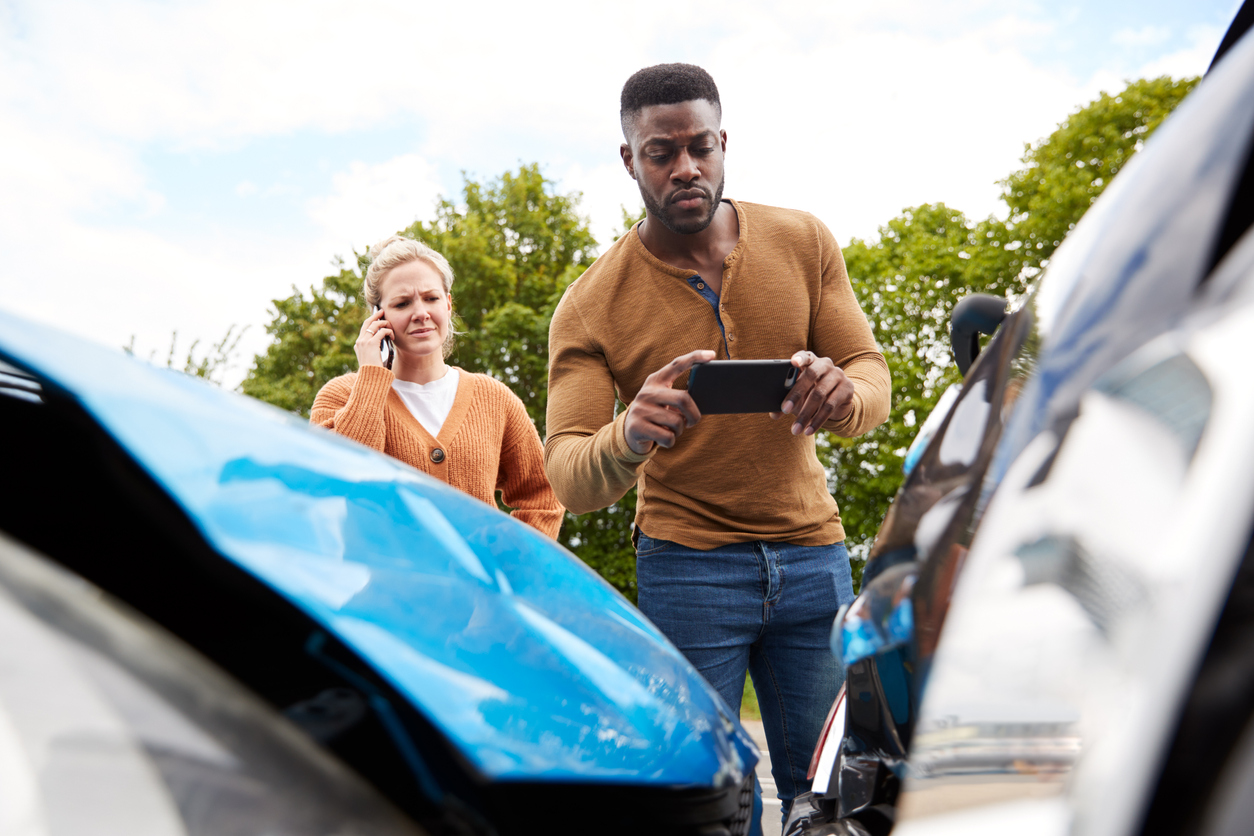Craig Rosenbaum | September 6, 2022 | Car Accidents

Many people choose to lease vehicles instead of purchasing their cars. Leased vehicles have several advantages. However, because you do not own the vehicle, what happens if a leased car is totaled in a New York City accident?
How Do Leased Cars Work?
Leasing a vehicle is similar to renting a vehicle. However, the lease agreement is for a much longer term. Most lease agreements are for 36 months.
At the end of your lease, you can purchase the leased vehicle or turn the car into the leasing company. Many people return the leased vehicle and lease another vehicle. One of the perks of leasing a car is that you always have a new model car to drive.
However, your lease agreement requires you to return the vehicle in good condition. The leasing company charges you for any damages to the car.
So, what happens if the car is totaled? Who pays for those damages?
Leased Vehicles Must Meet New York Auto Insurance Requirements
Even though you do not own the leased vehicle, you must meet the insurance requirements for motor vehicles in New York. You are responsible for paying the insurance premiums for the vehicle. The minimum auto insurance requirements for New York are:
No-Fault Insurance
Drivers must have a minimum of $50,000 in Personal Injury Protection (PIP) insurance coverage per person. No-fault insurance pays benefits regardless of who causes the car accident. However, it does not pay for property damage to vehicles.
Liability Insurance
Drivers must have a minimum amount of bodily injury liability insurance. You must have $25,000 for injury to one person and $50,000 for the death of one person (the amounts double if two or more people are injured or killed).
Drivers must also have a minimum amount of property damage liability protection. They must have at least $10,000 per accident.
Liability insurance pays the other driver and accident victims for damages when you cause a car crash. However, it does not compensate you for any losses, including property damages to your vehicle.
Uninsured Motorists Coverage
New York also requires drivers to have uninsured motorist (UM) coverage. This type of auto insurance provides bodily injury protection for you if an uninsured driver or hit-and-run driver causes an accident. However, it does not provide property damage coverage for your vehicle.
Other Types of Insurance Coverage
New York does not require drivers to carry collision insurance or comprehensive insurance. However, the leasing company will require you to have this type of insurance. The insurance coverage pays for vehicle damage if you cause a traffic accident or another event damages the vehicle (i.e., fire, theft, hail, storm, etc.).
However, it is crucial that you understand your insurance coverage and the “gap” between your insurance and the vehicle’s fair market value. If you do not have sufficient collision and comprehensive coverage to pay for the total value of the leased vehicle in full, you might want to consider purchasing gap insurance.
Gap insurance pays the difference between your standard insurance coverage and the value of the totaled vehicle. It prevents you from paying that money out of your pocket if the leased vehicle is totaled and insurance does not cover the vehicle’s value.
Who Is Responsible for the Lease Payments?
You signed the lease agreement, so the leasing company looks to you to pay the remaining lease payments. That is the case even if the vehicle is totaled. Your collision insurance might cover the remaining lease payments if the accident was your fault.
However, collision insurance might not cover the value of the leased car if it is totaled. Therefore, it is important to consider gap insurance when leasing a vehicle.
If the other driver caused the accident, you might be able to sue that driver for damages. However, remember that any money you recover for property damage would be paid to your insurance provider as a subrogation claim. Keeping the money for the property damage would be profiting from the wreck instead of being made whole, which is the purpose of tort laws.
What Should I Do After a Car Accident in a Leased Vehicle?
Preferably, you should have reviewed your lease agreement and insurance coverage when you signed the lease so that you know you have sufficient insurance coverage to pay off the lease and the vehicle’s value. However, you want to do this again to confirm what you understood to be the case.
Always report the car crash to the police and seek medical treatment for your injuries. You want to preserve your right to recover compensation under your PIP coverage and possibly from the at-fault driver. You must also notify the leasing company and your insurance provider as soon as possible.
Because the leasing company owns the vehicle, it decides how the car is repaired. You should be involved in the process to ensure the repairs are made correctly. At the end of your lease, the company might try to charge you for damages if it claims the repair work was deficient.
It can be helpful to contact a car accident lawyer as soon as possible. The lawyer reviews your lease agreement, insurance coverage, and accident details. The attorney explains your obligations and rights regarding your leased vehicle and personal injury damages.
Contact Our Car Accident Law Firm in New York City
If you’ve been injured in an accident in Manhattan, NY, and need legal help, contact our New York City car accident lawyers at Rosenbaum Personal Injury Lawyers to schedule a free consultation.
Rosenbaum Personal Injury Lawyers
100 Wall St 15th Floor
New York, NY 10005
(212) 514-5007
